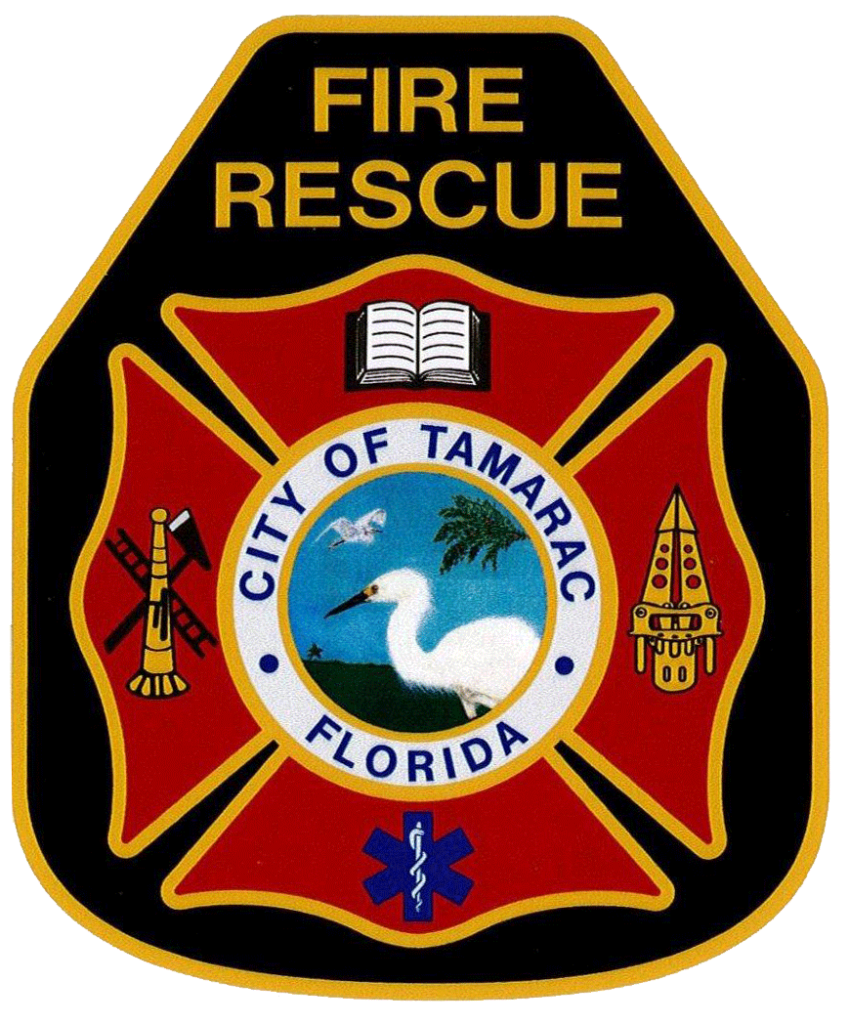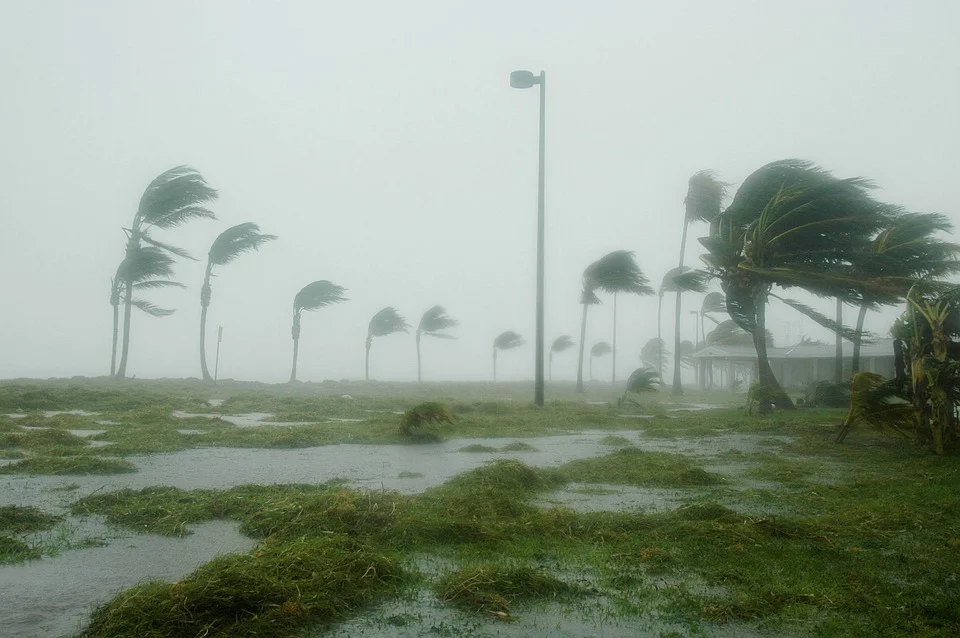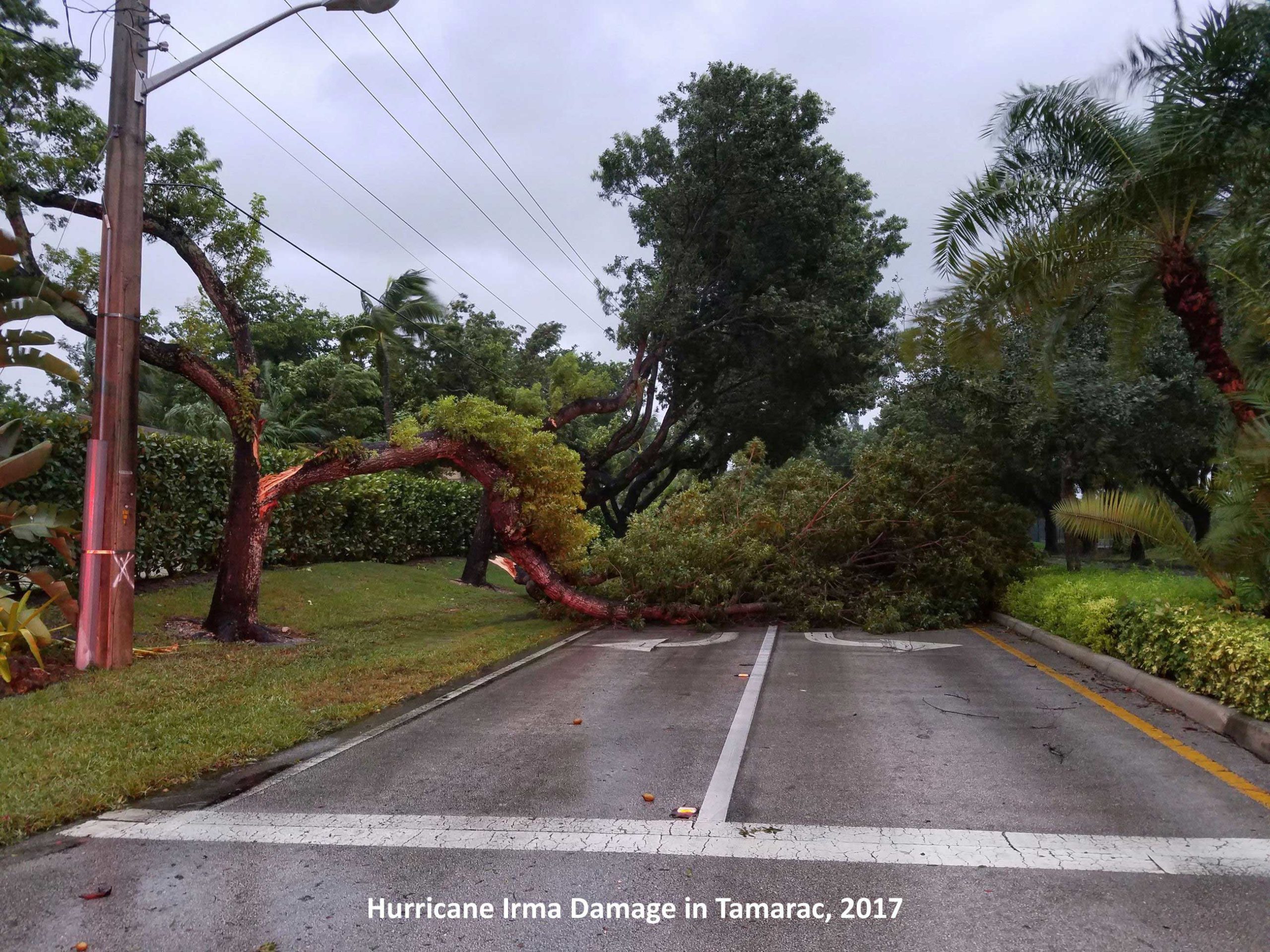Make Sure You Know Your Risk. Hurricanes are not just a problem for people who live on the coast. Find out how rain, wind and water could impact the area where you live so you can start preparing now.
Host a Family Meeting and Create an Emergency plan. This discussion should include deciding in advance under what conditions you’ll stay at home or evacuate, and where you will go if you do leave town for storms.
- Consider the needs of all your household members. People with special needs or who are medically vulnerable can be added to the County’s vulnerable population registry.
- Don’t forget your pet! For helpful information on pet care, whether you stay home or evacuate, visit here.
- Designate an out-of-area emergency contact and notify friends and family of your communications plan.
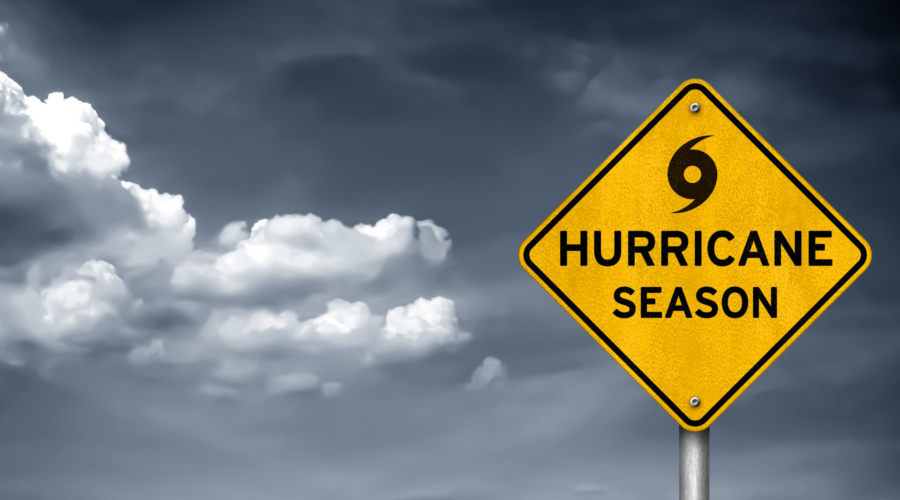
Important Documents. Make sure your insurance policies and personal documents like your identification and important health information are up to date. Make copies and keep them in a secure password-protected digital space.
Hurricane Supplies. Make a supply list and stock up before hurricane season. You can find guides here and here to get you started.
Shelter Locations. Find your local hurricane shelter and stay safe. Click here for locations and details.
Special Services. Register for services for any household member’s special needs, such as being added to the vulnerable population registry, or for transportation and special needs shelters. Learn more about emergency preparedness for at-risk individuals and begin the shelter registration process here.
CodeRED. Register for CodeRED emergency alerts from the City at www.Tamarac.gov. The City will post updates on social media and at www.Tamarac.gov. You can register to receive these updates via email updates by signing up for the City At Large list here.
Evacuating. While the City of Tamarac is NOT in a mandatory evacuation zone, and most people can safely shelter in place, you may decide to evacuate due to your specific circumstances. If you plan to evacuate, the best option is to stay with out-of-town friends and family who live out of the path of the storm. Broward County’s hurricane shelters also provide a safe option, if needed.
Plan your route in advance and make necessary hotel reservations ahead of time. Travel early; don’t wait until the last minute when weather conditions are worsening, and you might experience traffic delays. Ensure the vehicle you plan to take is in good mechanical condition and have some cash on hand.
Protecting Property
Assess Your Home. Do a walk-through to identify vulnerable areas. Evaluate your roof, windows, garage door, landscaping, etc. and identify actions you can take to reduce any risks you observe.
Early Preparation. Trim trees and bushes and clear your gutters before hurricane season. If you cannot install shutters and otherwise prepare your home, make a plan for who will do so.
Tips Specifically for Condo Owners:
- Review your association’s management plan to understand the association’s and the unit owners’ responsibilities.
- Check your association’s requirements before purchasing window protection.
- If you stay home during a storm, make sure to locate the exit stairwell nearest your unit.
- Be aware that wind is stronger at higher elevations.
When a Storm is Imminent
Last Minute Supply Checks. Check your hurricane supplies; make sure you have enough for at least seven days. Withdraw cash so you’ll have money available post-storm. ATMs and credit cards won’t work in a power outage.
Prep Your Home and Yard. Loose items in your yard can become dangerous projectiles. Install your window and door protection and bring outdoor items like patio furniture and planters inside.
Chill. Turn refrigerator to maximum cold and only open it when it’s necessary. Consider buying extra ice and putting it in a cooler to use if the power goes out.
Prepare Your Pool. Turn off power to equipment before a hurricane strikes. Keep water in the pool. If you do lower the water level, don’t do so more than one to two feet. Lowering it too much could result in your pool popping out of the ground. Consider removing the pool pump motor or wrapping it in plastic material, secured tightly.
Prepare Your Vehicle. Make sure you have a full tank of gas and park your vehicle in a safe location, away from trees and poles.
Take Charge. Charge your computer and phone and any portable charges you have in case of power outages.
More Hurricane Tips
Hurricane Tips: During the Storm
Hurricane Tips: After the Storm
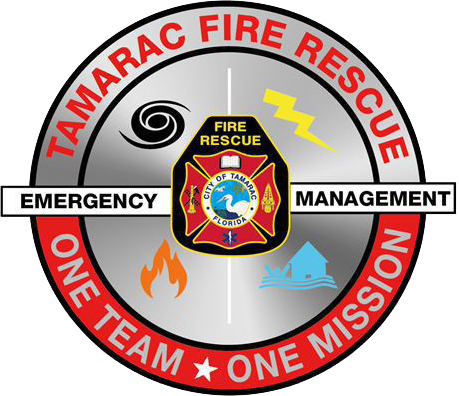
Tamarac Emergency Management

